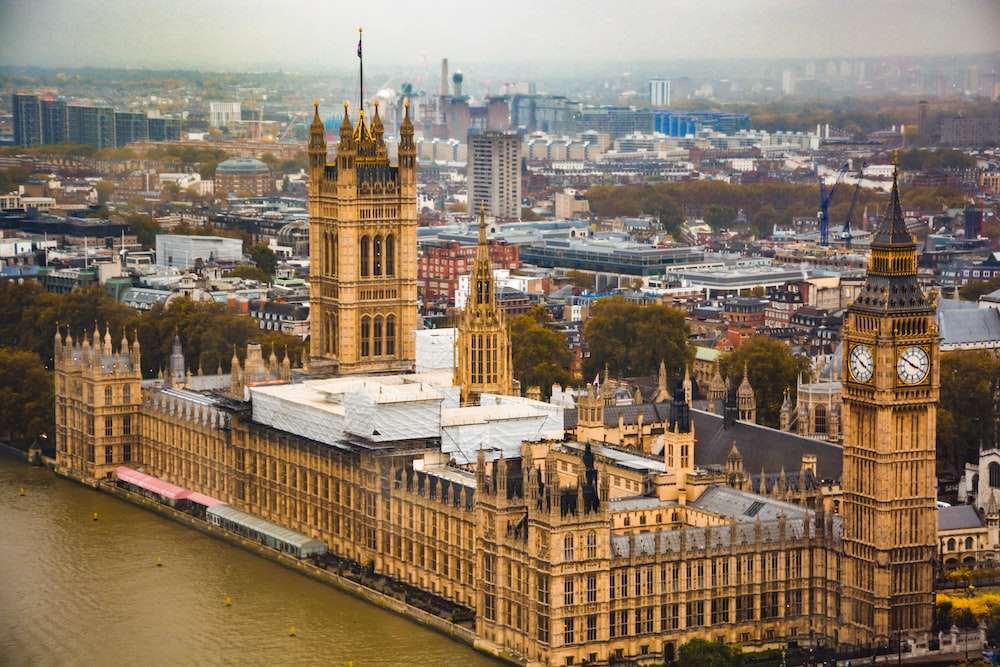Back To Basics: Customs and VAT Rules for the new UK Territory
In the first of a series of bite-size webinars for the 2021 UK Tax Week the Martyn Fiddler Aviation tax team started by covering the basics of customs and VAT rules for the new UK territory which came into effect 1 January 2021.
The new VAT and customs territory encompasses the UK and IOM; special rules apply to Northern Ireland and it does not include the Channel Islands. When bringing an aircraft across the border into UK territory aircraft owners and operators must consider the basis that it is being brought in – by way of importation, Temporary Admission (TA), or another special procedures such as Customs Warehousing or Inward Processing. Often, when an aircraft has not yet been imported into the UK, the choice is binary between importation and TA. There are of course many tax considerations when deciding an aircraft’s import status.
Understanding your tax and import status
Any aircraft that crosses a customs frontier must be imported or entered into a special customs procedure. For an imported aircraft a declaration will have already been made to the HM Revenue and Customs (HMRC) department. This means that any taxes that were due would already have been paid – these include customs duty and VAT. Customs duty remains at 0% for civilian aircraft in the UK, however, the VAT rate is 20%. An aircraft will be presented with three scenarios: either the aircraft is already imported and has paid the 20% VAT, the aircraft needs to be imported and is required to pay VAT, or the aircraft is eligible for a special customs procedure and therefore does not need to pay VAT.
When assessing the import status of an aircraft an owner may consider TA; a popular alternative to a full importation. TA enables non-local residents to enter a foreign territory for a short period of time. In this case there are no VAT charges, however there are specific requirements, for example the aircraft should not be used to compete commercially with other aircraft that have paid VAT in the territory; and the aircraft registration, the aircraft owner, and the aircraft user cannot be locally resident.
A resident user is a difficult term to define as it can be determined through a multitude of factors. Usually, a UK resident either lives in the UK, holds a UK passport, is a tax resident, or has business or family connections in the territory. A user is typically described as the person who actively utilises the aircraft and decides its destination.
Key Points to Remember for VAT Reclaim
VAT is a business tax that is charged on any product or service that is sold or imported into a territory and should therefore be considered in the context of aviation when importing (or purchasing) a business aircraft in the UK. It is possible to reclaim the import VAT if the aircraft is to be used for business purposes by applying for a local VAT registration. The VAT registration needs to be applied for by a company that is running a vatable business in the UK/IOM. After recent changes, it is now only possible for the owner of the aircraft or the lessor to reclaim the import VAT. Consequently this means that the VAT registration needs to be applied for and the import needs to be done on behalf of the actual owner or lessor.
Crucially, acquiring a VAT registration is not instantaneous. You must work backwards and obtain clear advice in advance of registration to be aware of what is required in terms of paperwork and timescale. Usually, it takes at least 5 weeks to set up an UK/IOM company arrangement and get a VAT registration in place and accepted.
Is the Isle of Man still relevant in the new UK tax territory?
The UK and the Isle of Man share the same VAT territory meaning that an import into the Isle of Man is the same as an import into the UK, and vice versa. The Isle of Man is therefore just as relevant as ever, benefiting from the highly regarded Isle of Man registry and an efficient Customs and VAT service.
What are the consequences of getting importation wrong?
There is a danger of confusing the lack of resources within HMRC with leniency, and ignoring tax rules for importation could result in an unnecessary 20% VAT charge plus possible additional penalties. There is a huge fiscal risk in getting the importation wrong; you could incur up to 20-30% in additional costs and naturally we would recommend that any aircraft owner or operator bringing their aircraft to the UK for the first time seek professional advice from a tax advisor. It is important to get it right!



